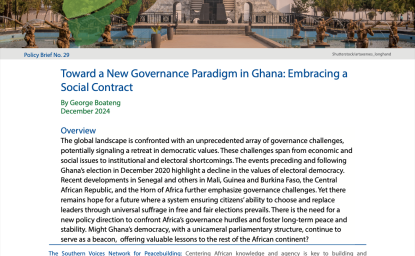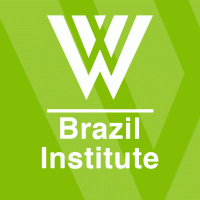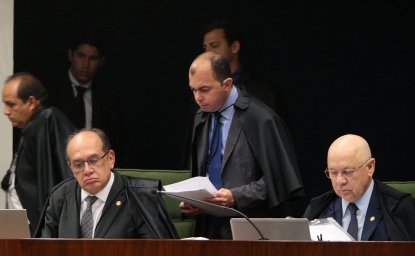Building a Modern and Transparent Electoral System in Brazil by Justice Gilmar Mendes


Inspired by the hopeful evolution of the nation’s crisis, the Brazil Institute launched in July 2016 a lecture series to explore the various institutional aspects of this historic, ongoing transformation in Latin America’s largest country. The initiative, reflective of a broader Wilson Center focus on the global fight against corruption, brings to Washington audiences the judges, prosecutors, defense lawyers, legal experts, and practitioners engaged in the evolution of justice and rule of law in Brazil. The series is conducted in partnership with the American University’s Washington College of Law. Edited proceedings of each lecture will be available online, with lectures from the entire series collected in a volume to be published in the second semester of 2017. It is our hope that the statements gathered in this series will shed light on the ongoing efforts of a diverse group of actors to strengthen Brazilian institutions, and deepen the dialogue on rule of law both within and beyond Brazil.
JUSTICE GILMAR MENDES was appointed to the Supreme Court of Brazil in 2002 by former President Fernando Henrique Cardoso and is currently the longestserving member of the Court. Justice Mendes studied law at the University of Brasilia and University of Munster, receiving his PhD in Law magna cum laudae in 1990. He has authored numerous books and articles on the Brazilian Supreme Court and Constitution. Justice Mendes currently heads Brazil’s Superior Electoral Court, which supervises elections at every level throughout Brazil. He served as Chief Justice of the Supreme Court from 2008-2010, a position that rotates every two years among the justices of the Court.
Author
Contributor
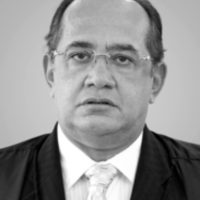

Brazil Institute
The Brazil Institute—the only country-specific policy institution focused on Brazil in Washington—aims to deepen understanding of Brazil’s complex landscape and strengthen relations between Brazilian and US institutions across all sectors. Read more

Explore More
Browse Insights & Analysis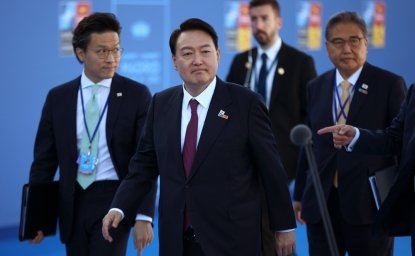
Political Turmoil in South Korea: President Yoon Taken Into Custody
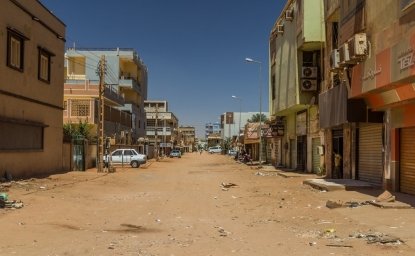
US Declares Genocide in Sudan, Sanctions RSF Leader Hemedti
